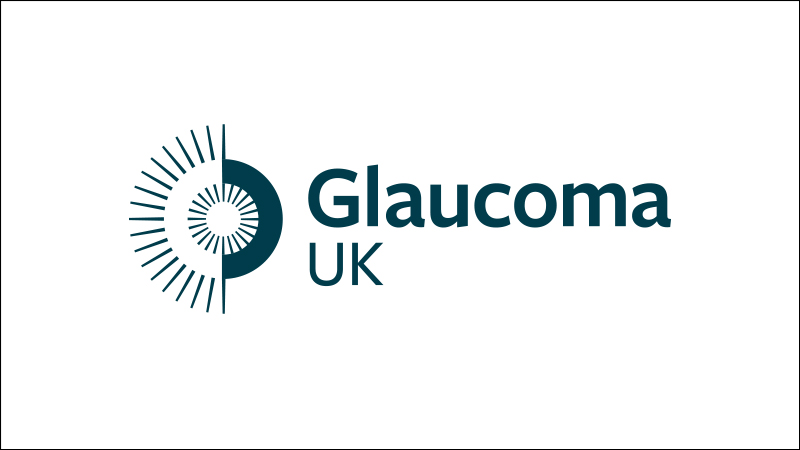Glaucoma UK statistics highlight severe COVID-19 impact on eye health services
25 February 2021

In a collaborative project with Wilmington Healthcare, Glaucoma UK compared figures from 2019 with those from 2020, to determine the reduction in patient care due to the coronavirus pandemic. The study, held in November 2020, found that the number of referrals for glaucoma fell dramatically in 2020, in addition to a reduction in surgeries and outpatient appointments. The research, which was pro-bono work produced by Wilmington Healthcare and featured data from NHS Digital and Specsavers, is available to view and download on the charity’s website.
According to the data, the number of referrals from optometry into hospitals for glaucoma had been reduced by almost 70% in 2020 compared to 2019. There was also a noticeable reduction in surgery, with trabeculectomies falling by 47% and MIGS procedures by 42%. Glaucoma UK confirmed that the reduction in trabeculectomies was particularly concerning. The charity stated that the backlog will need to be addressed, which will create more delays and could mean a patient’s vision may have deteriorated further before they receive the treatment they need.
The research also found that face-to-face appointments fell by 54% in the period from March to August, with tele-appointments increasing by 489%. Glaucoma UK confirmed that despite the rise in tele-appointments providing reassurance that ophthalmologists were checking-in remotely with high-risk patients, this kind of interaction cannot replace face-to face appointments. The charity stated that it is important for tests such as pressure and visual fields to still be undertaken in person as deterioration is asymptomatic for patients with glaucoma.
Glaucoma UK and Wilmington Healthcare concluded their findings with an action plan to mitigate the impact of COVID-19. This includes implementing a risk stratification process to identify priority patients, making sure systems are in place to clear the backlog and ensuring electronic patient records are accessible across all sectors. These actions will coincide with keeping patients informed of their risk level and what it means for their care.
Glaucoma UK’s Head of Support Services Joanna Bradley, who worked with Wilmington Healthcare on the project, said “Although the figures look quite scary, there is lots that can be done, as shown in our action plan. Many of these ideas have been talked about for some time, and the hope is that the massive changes brought about by COVID-19 will give impetus to their development and drastically improve services. Although the pandemic has been devastating for anyone personally affected and for society as a whole, we hope that eye care services will emerge in a better position and better able to end preventable glaucoma sight loss.”
LOCSU’s interim Clinical Director Zoe Richmond added “It’s a concern that referral activity has dropped, we know that timely intervention delivers the best outcomes for people with glaucoma. Glaucoma does not really cause any symptoms in the early stages and most referrals for glaucoma come about following opportunistic findings at sight test, it’s not a surprise that referral activity has dropped when sight testing activity has been reduced for many months now.”

